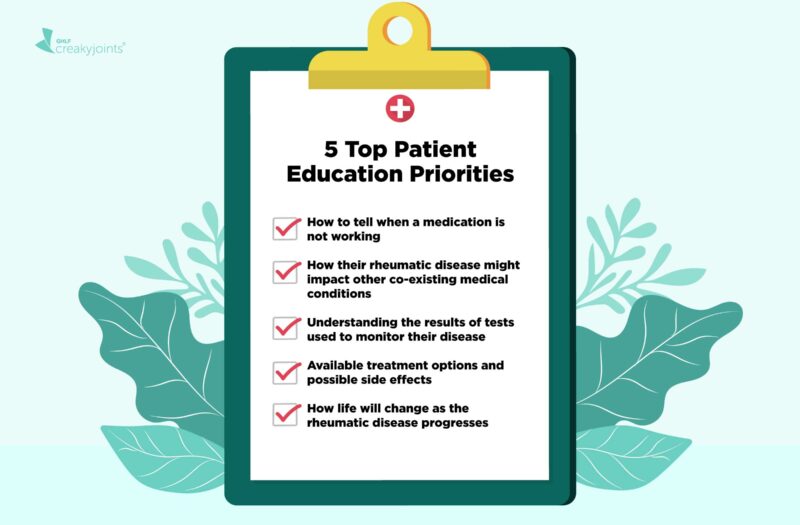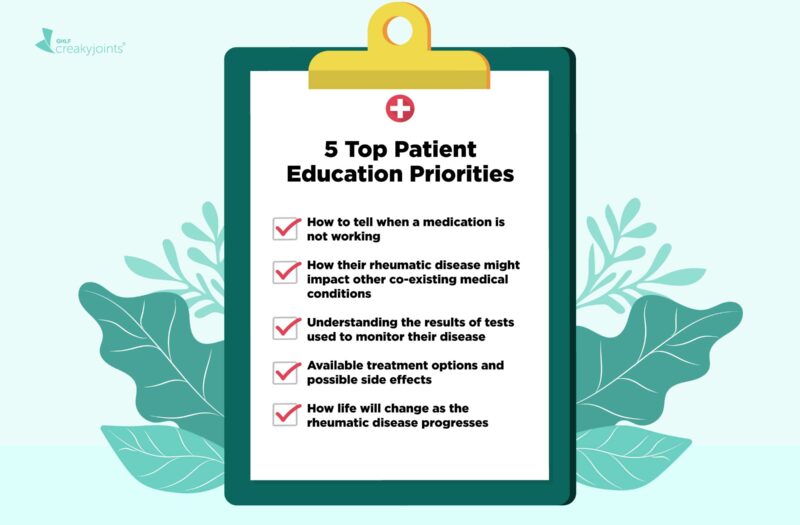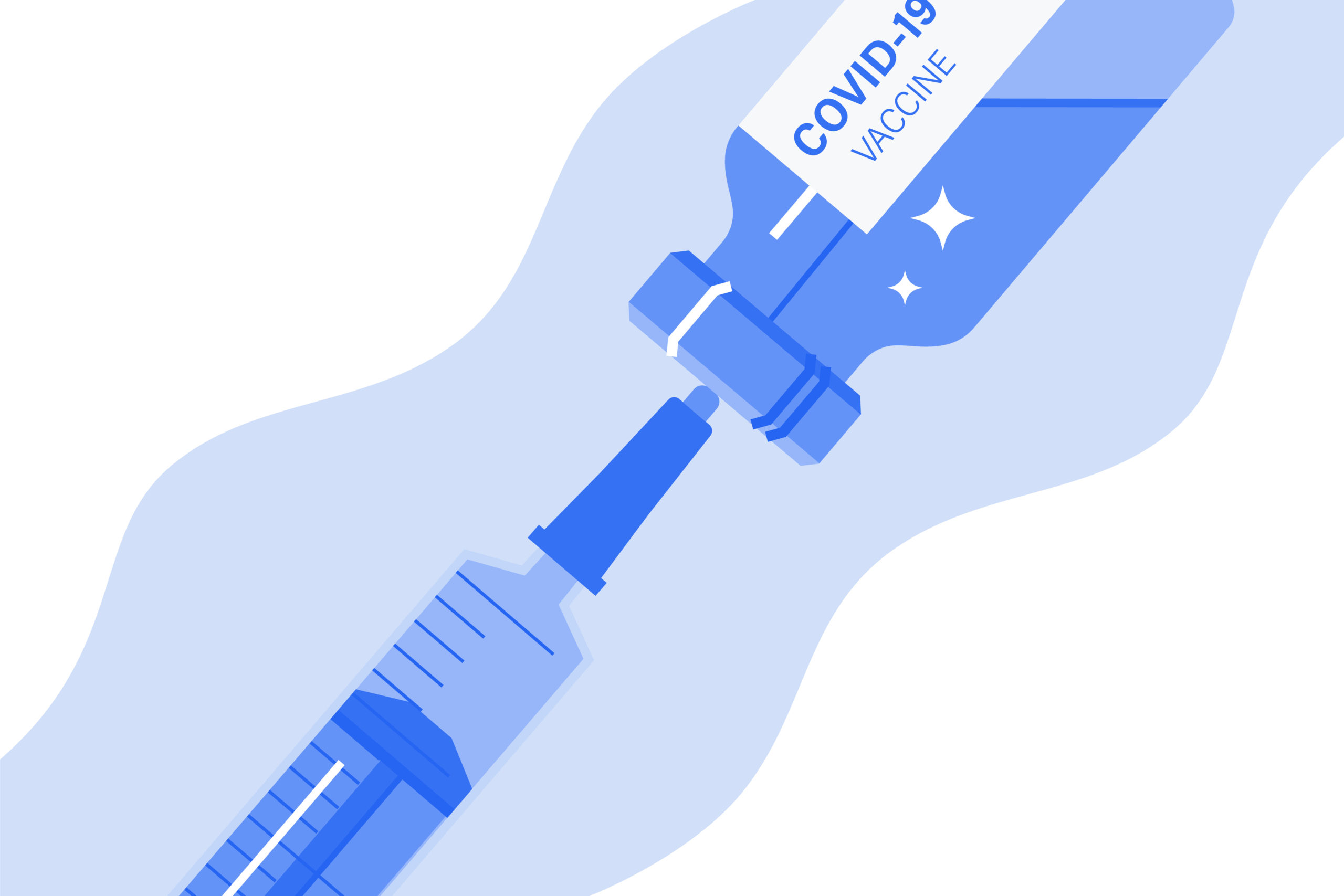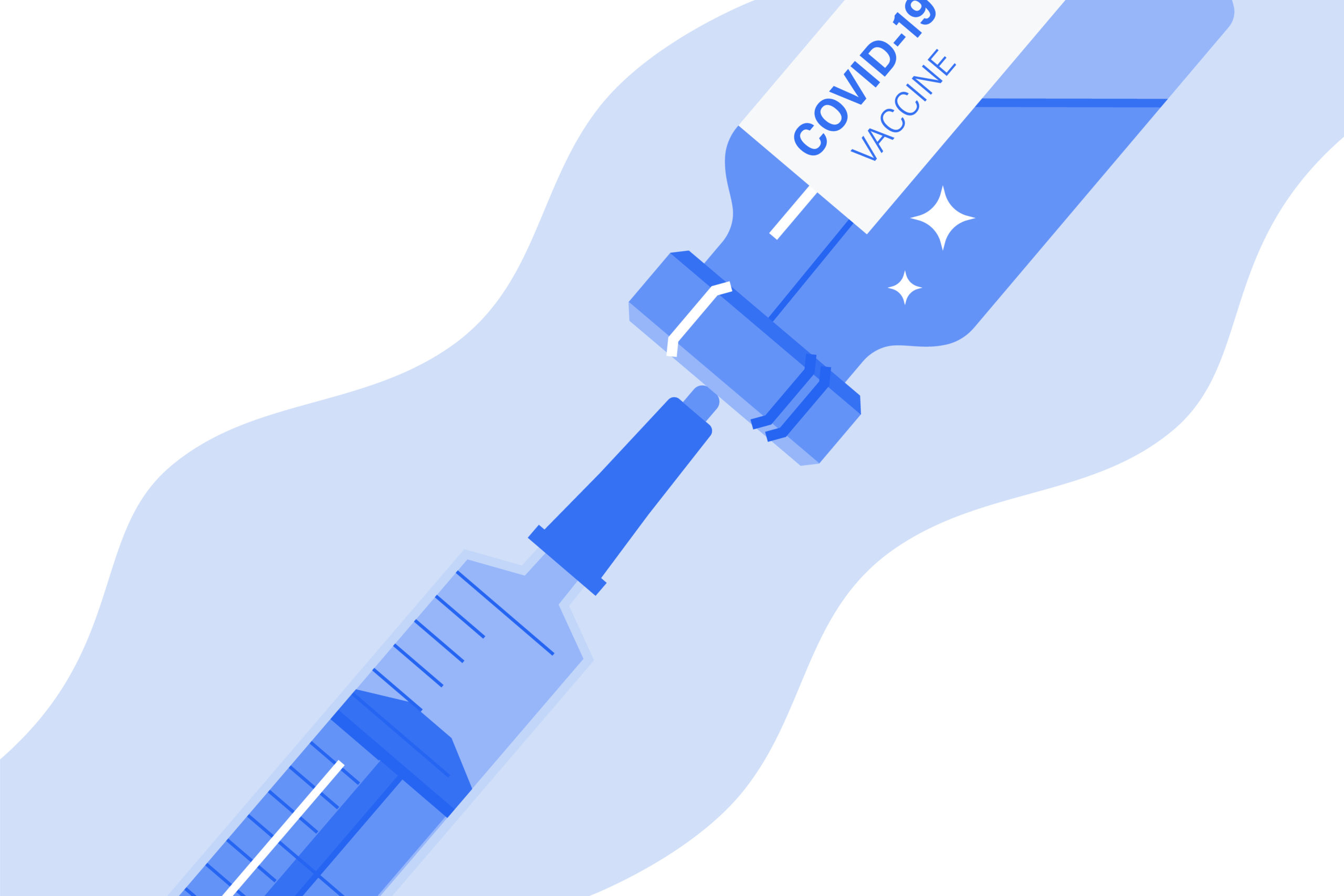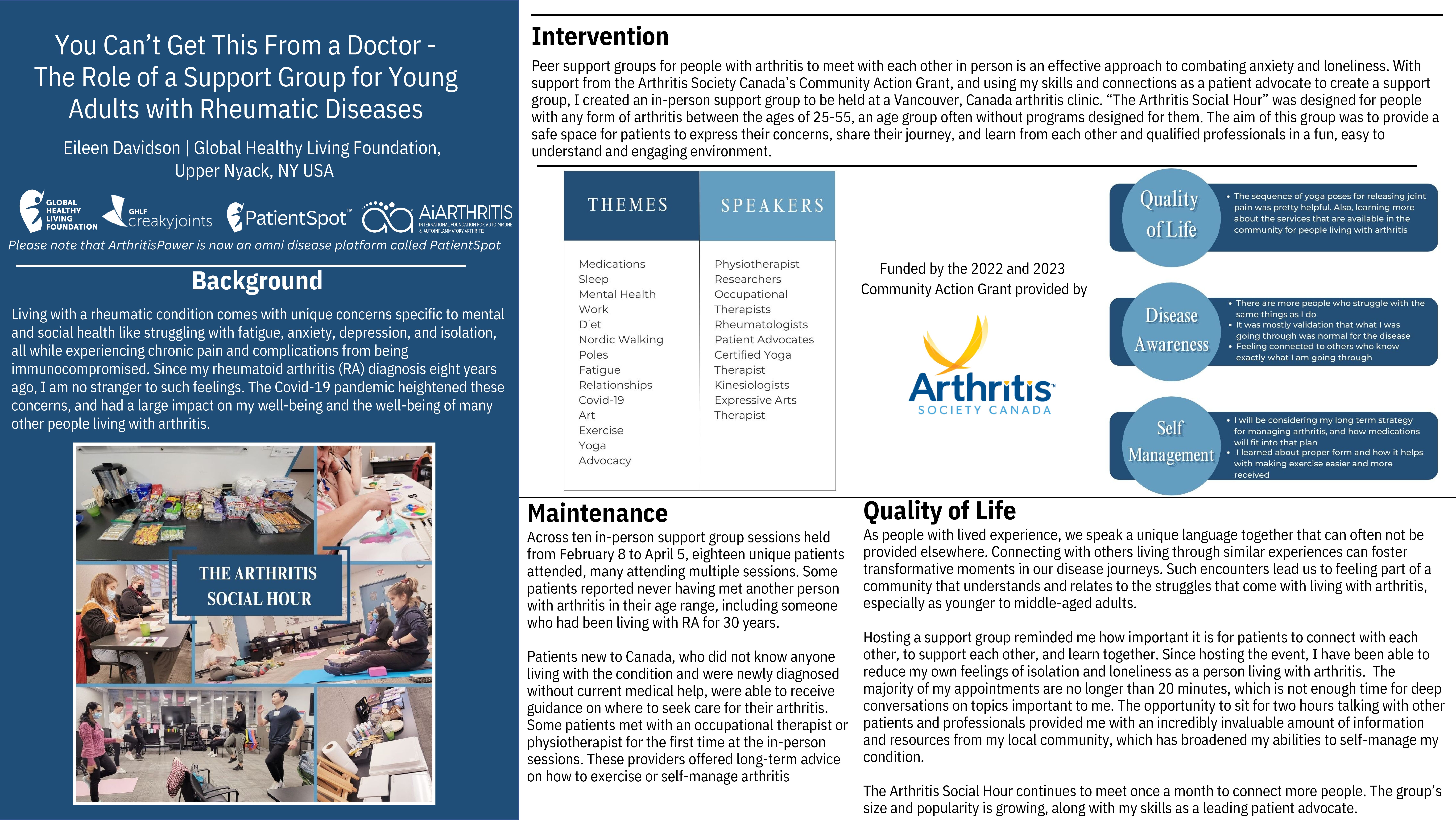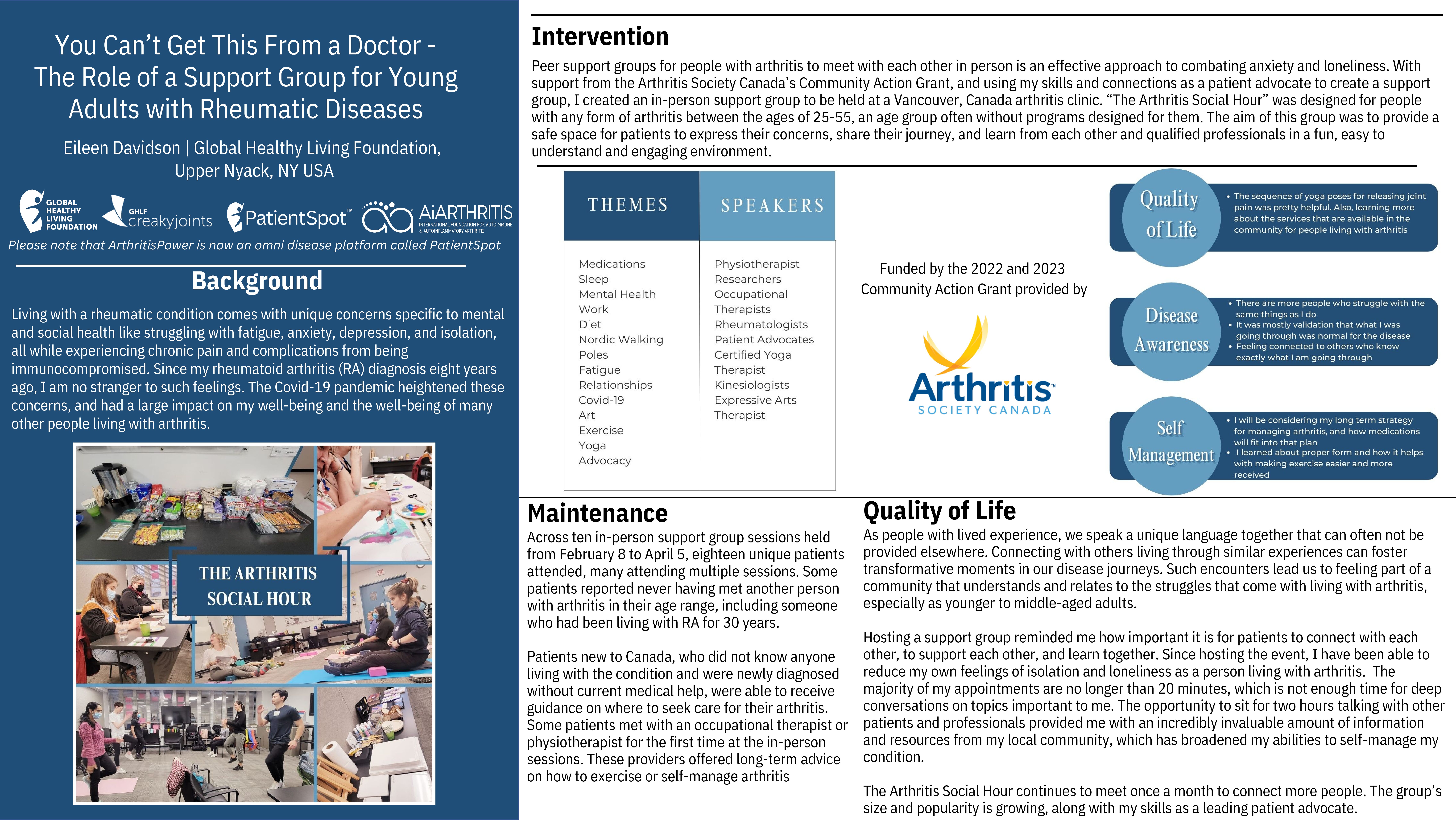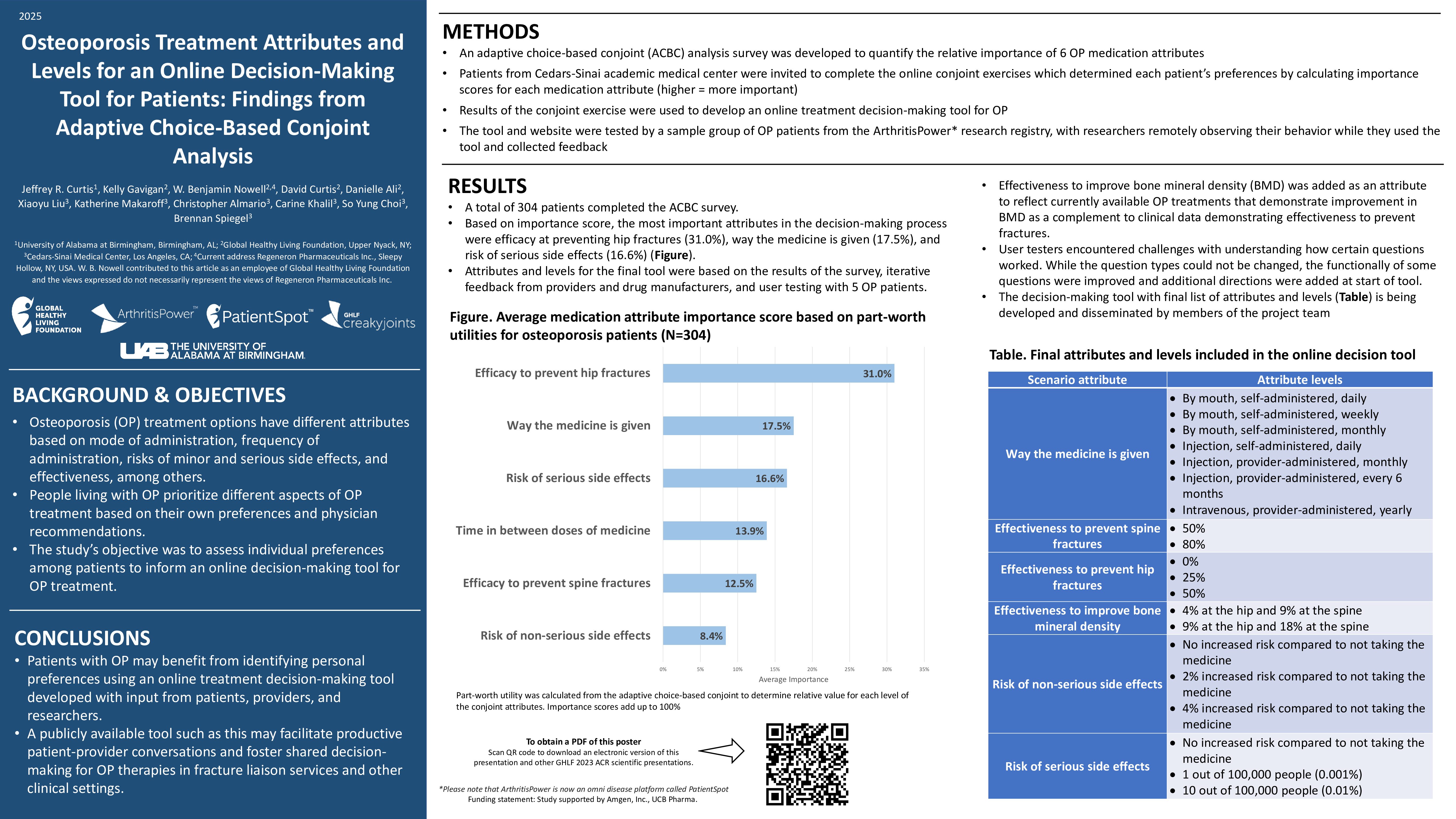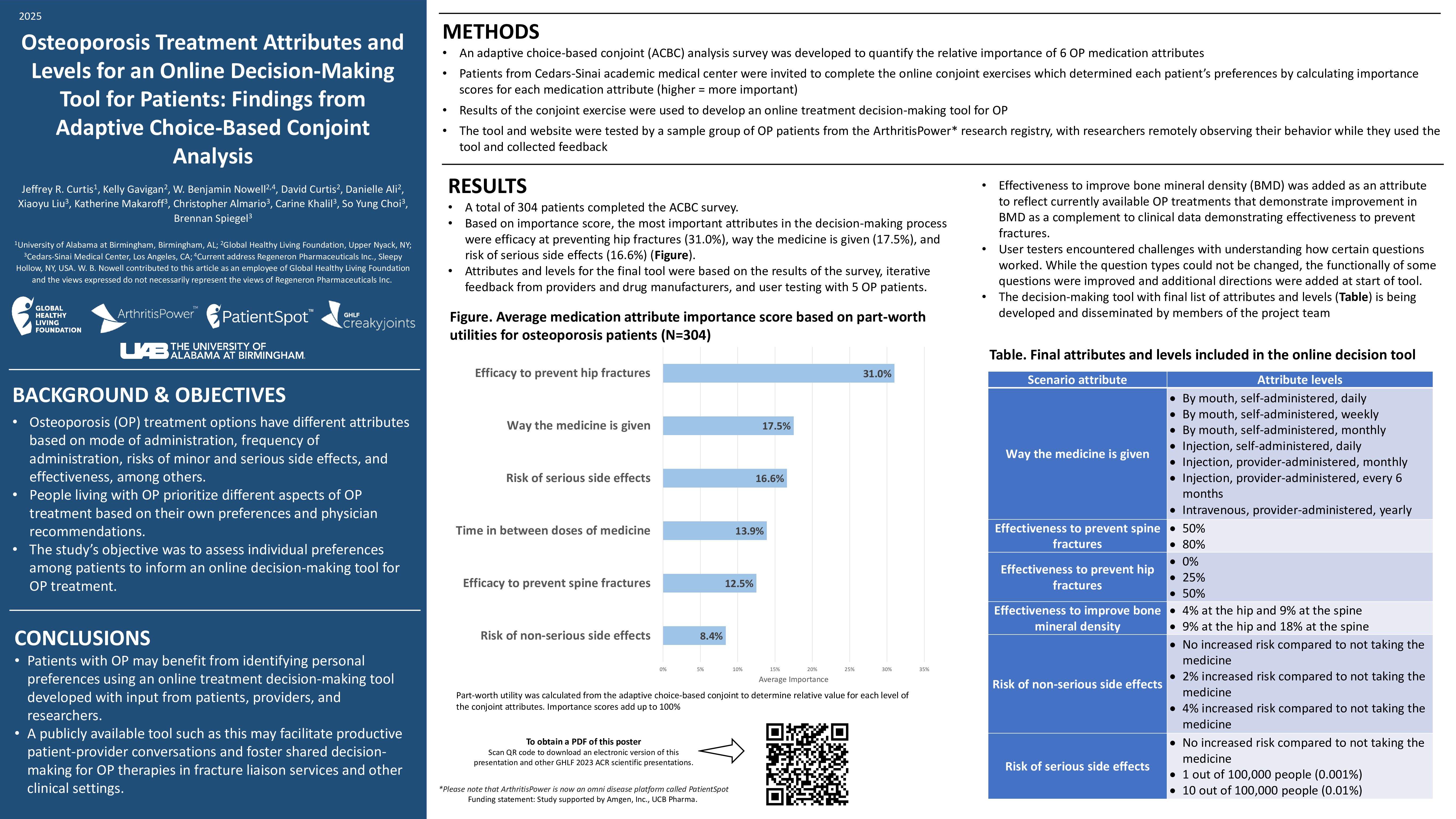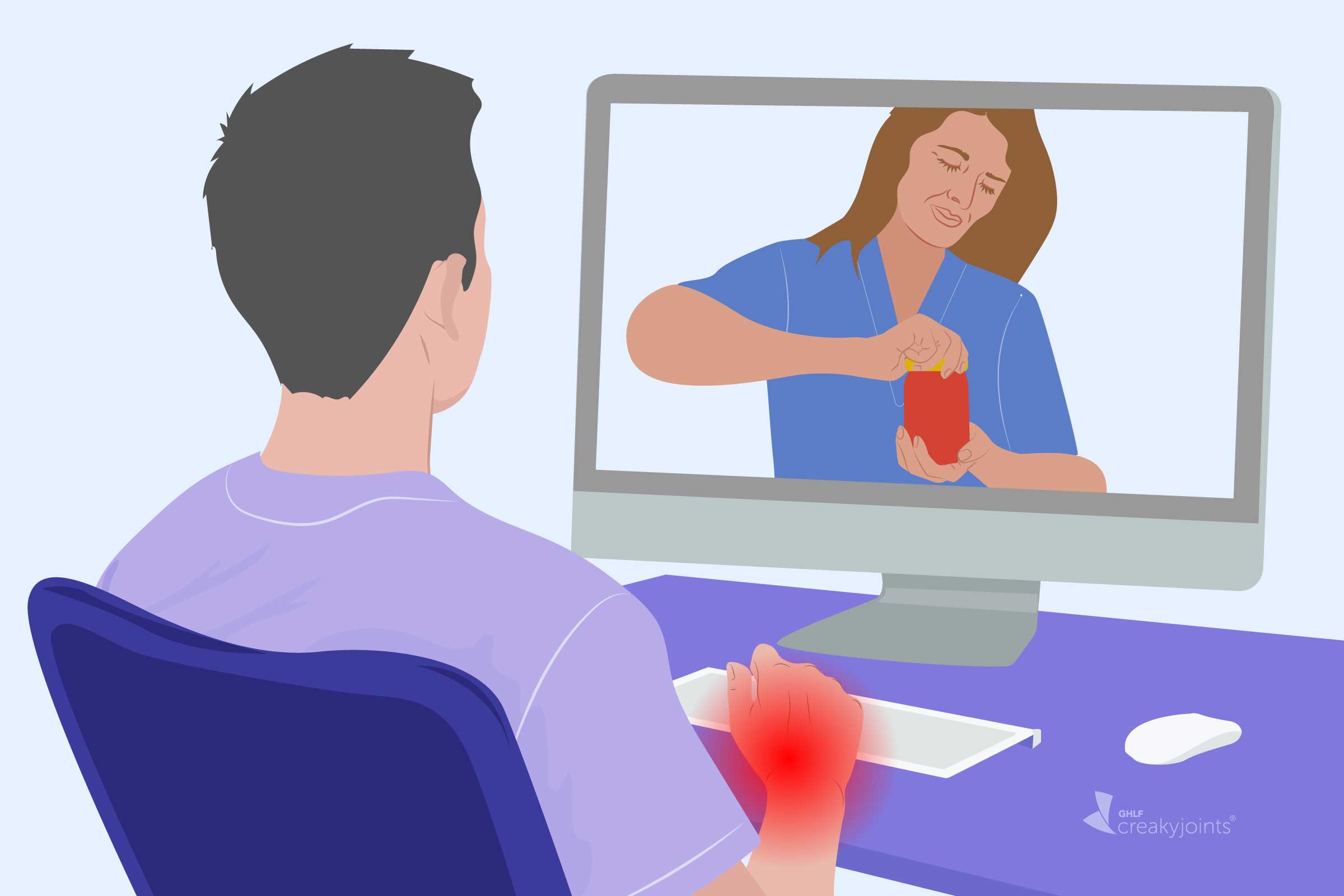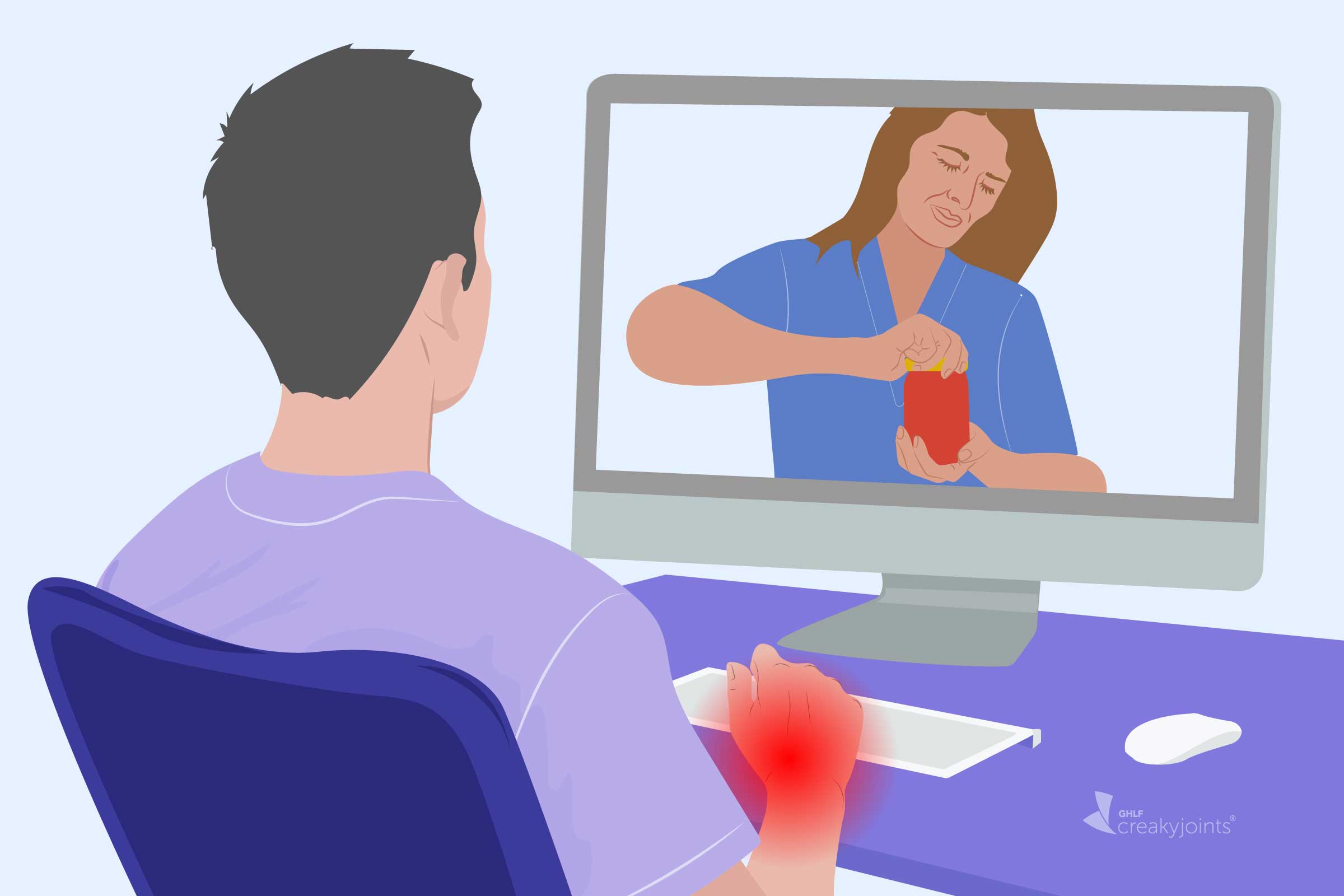You can participate in research studies about arthritis by using our ArthritisPower app to join our patient-centered research registry.
Key Takeaways
- A new study found that people with rheumatic and musculoskeletal disease want access to an array of educational materials, including information about their condition, its prognosis, medication options and side effects, and quality of life issues.
- Most patients surveyed said they were interested in receiving such information via a smartphone app, but 15 percent said they preferred not to use an app for this purpose.
- This research will inform ArthritisPower app as well as other educational content provided by the Global Healthy Living Foundation/CreakyJoints.
When you’re seeking information that’s related to your health, what are you looking to learn to better treat, manage, and live with your chronic condition? That’s the crux of what a new study, conducted by the Global Healthy Living Foundation/CreakyJoints, sought to determine.
The research will be presented at the EULAR 2022 Congress, the annual meeting of the European Alliance of Associations for Rheumatology. The conference is taking place online and in Copenhagen June 1-4.
The study was led by W. Benjamin Nowell, PhD, MSW, Director of Patient-Centered Research for the Global Healthy Living Foundation/CreakyJoints. Co-authors included experts from Auburn University Harrison School of Pharmacy, the University of Pennsylvania School of Medicine, the University of Utah School of Medicine, the University of Alabama at Birmingham School of Medicine, and the George E. Wahlen Veterans Affairs Medical Center in Salt Lake City.
“As a patient advocacy organization that provides educational content to patients, and that conducts patient-centered research, it’s important to make sure that we are creating educational information that people living with a rheumatic and musculoskeletal disease consider most important,” says Dr. Nowell, adding that the team also wanted to learn about what kind of medical-related smartphone app functions are most important to patients living with such conditions.
A Closer Look at the Findings
To conduct the research, Dr. Nowell and his co-authors used a “mixed methods” approach, which allowed them to obtain both numerical, measurable data as well as more in-depth responses from a subset of participants.
In the first part of the study, they conducted focus groups with 47 patients; based on their input, they created a 28-item survey that was administered to a broader group. The online survey was completed by 570 members of the ArthritisPower registry to date. Patients in the group had a diagnosis of rheumatoid arthritis (52.5 percent), osteoarthritis (16.0 percent), psoriatic arthritis (12.5 percent), and axial spondyloarthritis (7.5 percent).
ArthritisPower is a patient-powered research initiative that is co-managed by CreakyJoints and rheumatology experts at the University of Alabama at Birmingham.
The survey revealed that the top patient priorities for information they would like to receive are:
- How to tell when a medication is not working
- How their disease might impact other co-existing medical conditions
- Understanding the results of tests used to monitor their disease
- Available treatment options and possible side effects
- How life will change as their disease progresses
A sizable minority of respondents (40%) said they would be interested in receiving some or all of this type of information via an app made specifically for people living with rheumatic or musculoskeletal disease. However, 15 percent indicated that they’d have no interest in using a smartphone app for their rheumatologic condition. “That’s helpful for us to know, because it means that we need to continue offering a range of options for people to learn about rheumatic disease and get their questions answered, including videos, social media posts, webinars, one-on-one conversations, articles on a website, and so on,” says Dr. Nowell.
Those who expressed interest in using a smartphone app for their rheumatologic condition said they would like to use an app to obtain information about how to participate in research, access personal lab results, track their own symptoms, share their progress with their provider, and get additional educational information about their disease.
To gain greater insights, the researchers are seeking responses from additional members of the ArthritisPower registry and will next ask rheumatic and musculoskeletal disease patients who are seeking care via a community rheumatology practice network to complete the same survey.
The aggregated findings, including those from the next phase of this research, will likely also be used to improve the ArthritisPower app. Clinicians who are seeking to improve their communication with patients might also find the results of this study helpful.
“We developed the ArthritisPower registry smartphone app for patients and we are constantly updating it, so it’s especially important for us as an organization to understand what patients prioritize both for disease- and treatment-related education and for associated app functions,” says Dr. Nowell.
Why These Findings Are Important for You
“I think what’s important to take from this, reading between the lines, is that people living with rheumatic and musculoskeletal disease generally expect more from their care,” says Dr. Nowell. “They want to know how best to manage their rheumatic disease and also what they can expect from the disease and its treatment over time. How will they know if a treatment is not working? That’s a top priority for good reason. It’s about quality of life and the time it takes to find a medication that works well at managing disease. It’s important to not lose sight of the quality-of-life concerns that patients prioritize.”
Ultimately, the researchers hope that their findings will empower patients by making the most crucial information as accessible as possible. Says Dr. Nowell, “It’s important for patients to feel a sense of control over a disease that was unexpected for them in the first place.”
More From the Voice of People Living with Rheumatoid Arthritis
Research shows that patients seek information from their peers to make decisions about medication and disease management. CreakyJoints produced a series of videos where people from diverse backgrounds who are living with RA candidly share their experiences with RA treatment — from starting treatment to switching medications to dealing with methotrexate side effects. Watch the frank patient-to-patient discussions in our video series here.
Interview with W. Benjamin Nowell, PhD, MSW, Director of Patient-Centered Research for the Global Healthy Living Foundation/CreakyJoints
EULAR 2022 Abstract N°: 2871: “Education topics and smartphone app functions prioritized by people with rheumatic and musculoskeletal diseases.” http://scientific.sparx-ip.net/archiveeular/?view=1&c=a&searchfor=arthritispower&item=2022POS1564-PARE

